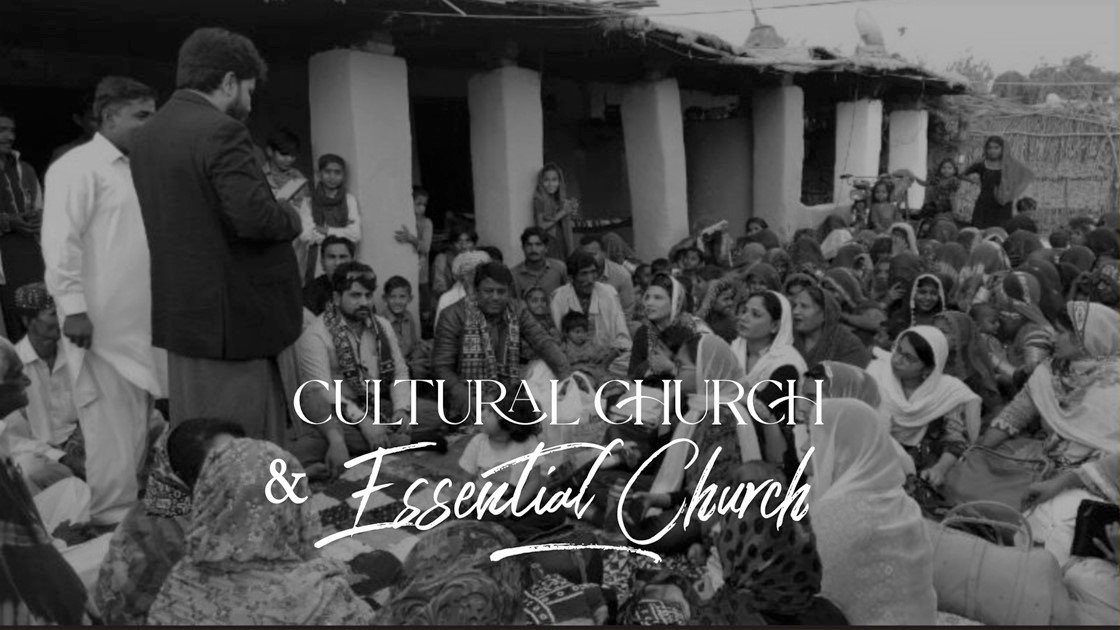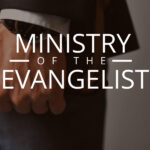As the early church grew, we are explicitly told the assembly in Jerusalem continued in doctrine (preaching/teaching), fellowship, the Lord’s Supper, and prayer meetings (Acts 2:42). These priorities comprise what I’m calling essential church. Church was simple. Baptized believers were the ones who continued in these things (Acts 2:41-42), so the argument can be made that baptism is also a part of essential church. However, when it came to the church’s continued practice, the saints assembled regularly to engage with these four essentials:
- The Preaching of the Word of God
Faith comes by the Word of God (Rom. 10:17). As individuals respond in faith, they grow in grace (2 Pet. 3:18). - The Fellowship of Believers
The world has social gatherings, but only assembled saints have fellowship around the Lord. Love is manifested as the saints gather in the Spirit. Jesus ministers through saints walking in the Spirit, and as their several gifts operate, body life becomes vibrant (Rom. 12). - The Lord’s Supper
Remembering the Lord in His finished work keeps the focus on Jesus whose death and life provide for both justification and sanctification (1 Cor. 11:24-25). - Prayer Meetings
Acts shows prayer meetings being vital to the development of the early church. Far from being sleepy, ritualistic sessions, these prayer meetings were transactions with God that truly made a difference (e.g. Acts 4:31; 12:5).
Obviously, church involved the assembled saints in other matters too—like singing (Eph. 5:19; Col. 3:16) and carrying out church discipline (1 Cor. 5). Outside of the assembly, believers also witnessed to the saving power of the living Christ. Evangelization abounded. But when the early church assembled, they continued in these four essentials that mattered most.
How different this is from what I’m calling cultural church. For many American believers, cultural church begins with a building boasting the architectural qualities of a western “church” and requires the wearing of one’s Sunday best, having a planned program and a particular music style, and incorporating numerous other customary elements. But in persecuted communities, none of these cultural necessities fit. They are fine for American culture if understood for what they are and kept in proper balance, but these things are not essential to “church.”
The persecuted church continues to demonstrate essential church. The persecuted church assembles, often secretly, for the ministry of the Word, for fellowship, for communion, and for prayer meetings. Not much else matters. Where freedom is limited, believers have foregone the cultural factors others have come to see as important and focus instead on the simple objectives of essential church.
In settings where cultural church threatens to obscure essential church, we would do well to refocus attention on that which is essential because all the essentials revolve around Jesus. He is the Word which the preaching of the Word should reveal by the Spirit. Jesus is the bond of fellowship between believers, Jesus is the focus of the Lord’s Supper, and Jesus is the object of faith in prayer meetings.

John Van Gelderen
Post Author












Great clarification and reminder. I love the simplicity of the gospel. It seems all four points are a way of lifting up Jesus!
Yes, amen! The key focus is Jesus!
Yes.
Thank you. The essential elements should clarify our priorities which will help us guard against being too busy to fit in what is most important.
Well said!